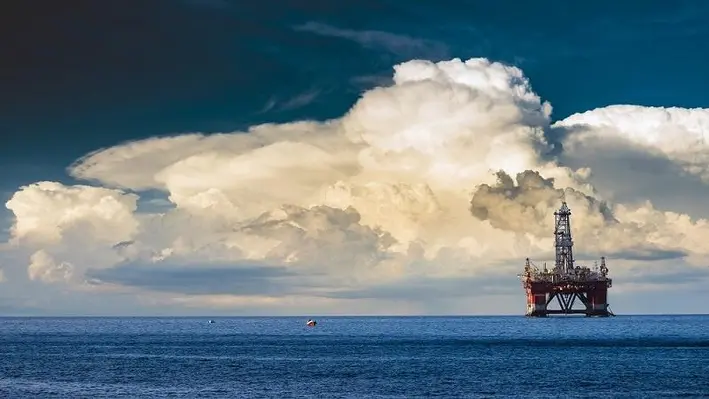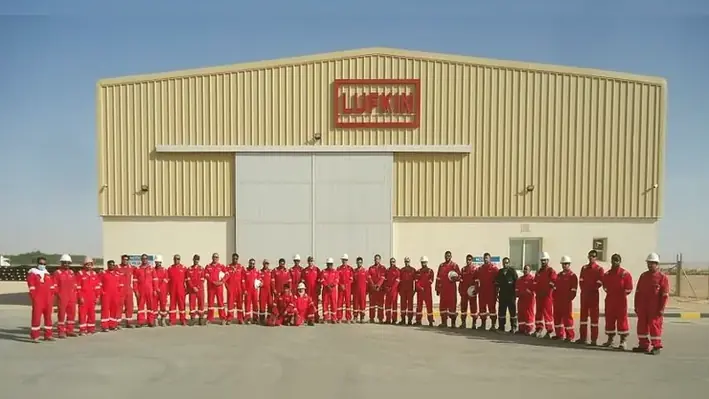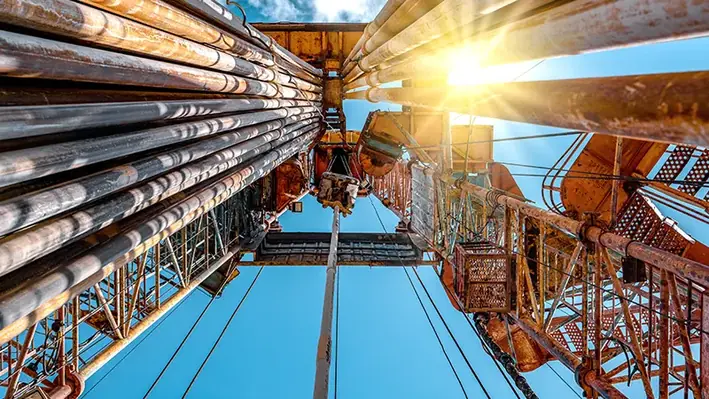 Expro Group Holdings International Limited (Expro) has reported its financial and operational results for the three and six months ended June 30, 2021 with total revenue for Q2 2021 standing at US$176.3mn, compared to revenue of US$156.3mn in Q1 2021, an increase of 13% sequentially.
Expro Group Holdings International Limited (Expro) has reported its financial and operational results for the three and six months ended June 30, 2021 with total revenue for Q2 2021 standing at US$176.3mn, compared to revenue of US$156.3mn in Q1 2021, an increase of 13% sequentially.
The company’s net loss for Q2 2021 was US$8.4mn compared to a net loss of US$20.4mn for Q1 2021. Adjusted EBITDA of US$26.3mn increased 58% sequentially, driven by higher revenue, a more favourable activity mix and lower corporate costs.
Mike Jardon, CEO of Expro, commented, “Expro delivered solid performance in the second quarter as our broad portfolio of services, global operating footprint and continued cost and capital discipline enabled us to effectively manage and mitigate ongoing industry headwinds related to the pandemic.”
Intervention leads the way
Jardon continued, “Thanks to the hard work, expertise and commitment of our talented employees, as well as our leading technology platform, we continued to advance our capabilities and deliver differentiated services and solutions that safely enhance our customers’ operational efficiency and improve the sustainability of both Expro’s and our customers’ operations.
“For example, Expro employed its unique CoilHose intervention system to initiate production by unloading heavy completions fluids from a highly deviated well in Asia. This solution successfully delivered both time and cost efficiencies to the client. Additionally, the compact system footprint and associated ease of logistics resulted in a significant improvement in the environmental impact of the operations as compared with traditional solutions.”
“Also during the second quarter, we achieved an industry first by deploying our unique Octopoda annulus intervention system to a depth of 300 metres in the C annulus of a well in Latin America. This system successfully introduced a plug in the annulus which restored casing integrity and enabled production to be safely resumed from the well. We are very excited about the potential of Octopoda as it will allow customers to, cost effectively restore well integrity, resume production and reduce fugitive gas emissions from wells,” Jardon added.
“In recent years, the majority of Expro’s business has been driven by our customers’ production optimisation efforts and their operational expenditures more so than their drilling-related activities and capital expenditures. As a result (and despite the possibility of continuing headwinds related to the pandemic), we currently expect at least modest revenue and margin momentum for Expro over the next couple of quarters, driven by an overall increase in international activity, and positive trends in well testing and production services and well intervention and integrity services, in particular. Beyond the next couple of quarters, an expected recovery in offshore development across geographies reinforces our confidence that Expro is well-positioned for sustained growth, which we believe will be driven by increasing demand for subsea well access services and more complex well construction services, respective strengths of Expro and Frank’s International with whom we announced a definitive merger agreement on March 11, 2021.”
Regional breakdown
The company report noted that their operations in Asia Paciifc were particularly strong primary driven by higher subsea, completion and intervention services revenue in Brunei and Australia. In Brunei, Expro is in the start-up phase of a multi-year well intervention campaign, while in Australia, results benefitted from a generally higher level of customer activity and higher well testing services revenue.
Revenue in MENA was driven by higher subsea, completion and intervention services in Qatar and Algeria. The year-over-year decrease in MENA revenue was primarily driven by lower well testing services revenue in Algeria and Egypt as a result of lower activity levels, partially offset by increase in subsea, completion and intervention services revenue from a new project in Qatar.
In North and Latin America revenue sequential improvement in was primarily driven by higher subsea, completion and intervention services revenue in Argentina, reflecting a strong recovery in activity following Covid-19 related project delays in 2020, and higher well testing services revenue in Mexico and the Gulf of Mexico, which were largely offset by lower subsea, completion and intervention services revenue in the Gulf of Mexico from lower customer activity. The year-over-year improvement in segment revenue was primarily driven by higher well testing revenues in Mexico, higher subsea, completion and intervention services revenue in Argentina and Columbia.




